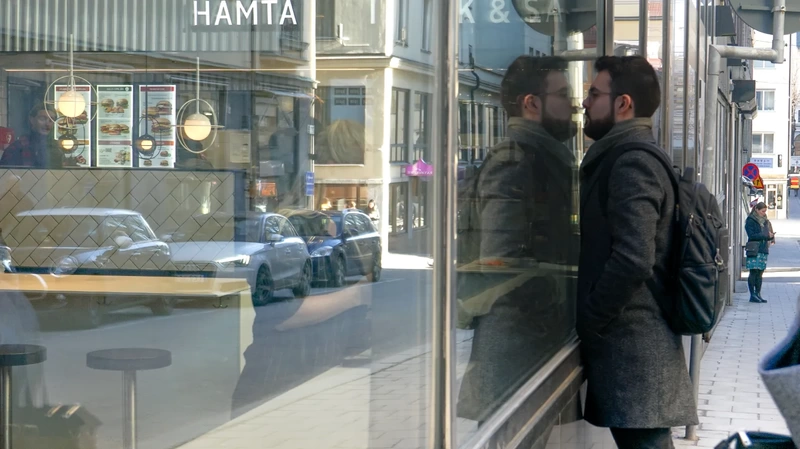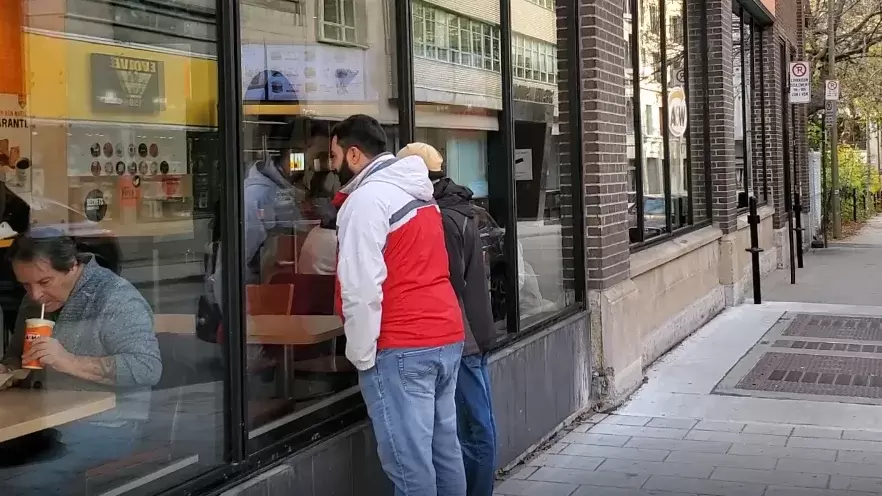What Social Freedom IS
Our concept of Social Freedom has courage at its core, but its larger meaning is multifaceted:
- It is a mindset that places your focus on ethical and compassionate self-interest, especially in the face of a challenge or discouragement. It is an attitude of never surrendering or sacrificing your true self, especially not for the purposes of trying to “fit in”, or measure up to someone else’s opinion of who you should be. It means making choices and decisions free from coercion or constraint imposed by others. It’s about living as authentically as possible while participating in society.
- It’s also a feeling of capability inside yourself that tells you what actions are safe to take, and which ones require bravery to accomplish. This feeling is the freedom component of Social Freedom; it is how capable you feel you are, to live how you really want to live, and do what you really want to do, without internal resistance. It’s your ability to participate in social activities and relationships without feeling constrained or limited.
- Like yoga, meditation, or the martial arts, Social Freedom is also a practice. It is a skill that can be improved through repetition over time, and the benefits are only achieved by taking frequent, consistent, real-world actions (exercises); not simply learning about the concept. The more you practice the skill of Social Freedom, the more you exemplify the mindset, and this leads to more feelings of freedom, motivation, and confidence.
- Lastly, our pet theory of Social Freedom explains how this mindset, feeling, and practice predict a direct relationship between your level of Social Freedom, and your experience of greater success in all other areas. Or, in other words, “More Social Freedom = A Better Overall Life!”
The Courage Community defines "Social Freedom" as: the feeling that you can do, say, or take action on what you believe is right - anywhere, anytime - regardless of the opinions of other people, or the potential for failure, loss of status, or embarrassment.
What Social Freedom is NOT
You may hear the concept of Social Freedom being described simply as “not caring about what other people think”. However, this is too much of an oversimplification. Describing Social Freedom in this way can sometimes discourage people because it sounds like you’re being told to become emotionally cold or callous. People also fear that Social Freedom means having to act like a jerk more often, which might risk losing existing friendships. Allow me to dispel these concerns:
- Social Freedom is NOT indifference, numbness, or detachment from your emotions. If you could really achieve the state of “not caring” about something then you would simultaneously lose the motivation to go out and achieve it.
- Instead, Social Freedom is the ability to care deeply about something while at the same time being unattached to the short-term results. This allows you to focus on the longer-term process which makes it easier for you to be more emotionally resilient and maintain consistent effort.
- Social Freedom is NOT about completely ignoring everyone else’s opinions. It’s not about making yourself the only valid authority in the world, and discounting the opinions of everyone else. If you did that, you would never be able to discover your personal blind spots, learn where you’ve made perceptual mistakes, or be able to appreciate the efforts others make to help you. You’d also become a difficult person to be around.
- Instead, Social Freedom is about strengthening the ability to choose which opinions to care about and which ones to ignore. It’s about developing your ability of discernment so you can better identify good advice from bad advice; self-serving opinions from helpful ones. It’s about learning who to grant authority to, when it’s appropriate to do so, and about which topics.
- Social Freedom is NOT an excuse for being rude, mean, aggressive, or a jerk - even, and especially, if you feel correct in your opinion or behavior. It’s not about pissing people off, it’s the opposite. Social Freedom is meant to lead you to more opportunities for cooperation and collaboration. It is not meant to isolate you further from humanity, even if you strongly disagree with the status quo.
- Instead, Social Freedom training reminds you to “always be kind, because everyone is fighting a battle you know nothing about”. As you overcome your own emotional struggles, you gain sympathy and compassion for your fellow humans who are still struggling. You also gain a more realistic perspective that helps you make changes to the status quo, if you feel compelled to do so.
- Social Freedom practice is NOT done for the purpose of getting more skillful at doing Social Freedom exercises. Your spouse, significant other, boss, parents, and best friend do not care about how many repetitions of a goofy challenge you can do on the street. They do not care, or may even be worried, about your ability to say silly things to people, or pick your nose in front of a crowd. The actual exercises themselves are NOT the point of the training, they are merely the tools you will use.
- Instead, Social Freedom is about getting more skillful at life in general! Social Freedom practice not only develops courage, but many additional virtues and skills as well. You develop virtue while simultaneously removing vice (in the Aristotelian sense), and this makes you a stronger, braver, more resilient individual, with greater capacities for action, empathy, connection, and compassion.
Coach Mike's Social Freedom Story
I became interested in Social Freedom from the first moment I heard the phrase spoken at a seminar in Boston. I instantly understood its meaning and, because I was going through a divorce at the time, I knew precisely what I wanted to use it for. Dating, of course!
I had approach anxiety around talking to women that I didn’t already know, especially out in public. In fact, my post-divorce dating plan was entirely focused online because I literally had no idea how I was supposed to meet a woman in-person. I had always been a long-term relationship guy, and my girlfriends had always come from my immediate social circle like high school or college. But now, at age 28 and lacking social groups where I might find a single woman, I felt pretty lost...
Click to Read More
+
I was, however, also traveling the country quite a bit for my job. I often found myself in new cities, with plenty of time to kill. I could either hide in my hotel room the whole trip, or go out and see what I could find on the streets around me.
Therefore, I identified the skill of cold approach as something useful to acquire for more than just dating, and overcoming my approach anxiety was the first step.
The overall goal was simple: approach a person and say hello no matter how scared I felt, then ask them an authentic question.
But before I could start working directly on that goal, I first had to learn how valid my fears actually were… or not. It's much easier to do something "no matter how scared you feel" if you don't have much reason to feel scared.
This is where practicing Social Freedom entered the picture.
Social Freedom training was always a lot of fun! I signed up for the training on the same night I heard of it and was practicing live on the street the very next day.
I learned on the bootcamp that no matter how terribly I performed, or what mistakes I made in front of another person, nothing catastrophically bad would happen to me. In fact, encouragingly good things would happen. It showed me that there is nothing to fear from my normal range of authentic behaviors and the ways I naturally interact with people.
Those lessons were deeply impactful for me. I internalized them into strongly held beliefs that very same day. Now, all I had to do was practice enough for the uncomfortable emotional triggers to go away - or at least reduce to the point that they didn't stop me.
So that's what I did! And I did it with pleasure and dedication because I knew I was pushing my comfort zone and getting stronger. Getting stronger inherently feels good!
I knew I'd have interesting interactions, or at least increase the chances of being involved in interesting situations. I was getting a lot of encouraging experiences that were helping me solidify my new ways of thinking and the paradigm I was trying to shift into.
It felt like playing a fully interactive video game about life, where each approach scored metaphysical courage points that I could trade in later for upgraded confidence armor. Every person I could meet represented the potential for a whole new adventure, side quest, or companion.
Oh, and since I wasn’t doing anything dangerous, the game also had infinite lives and infinite tries! It was a free slot machine (more on that inside the community).
With a mental training environment like that, it's hard to fail!
That is the kind of environment that we help you cultivate here in The Courage Community.






